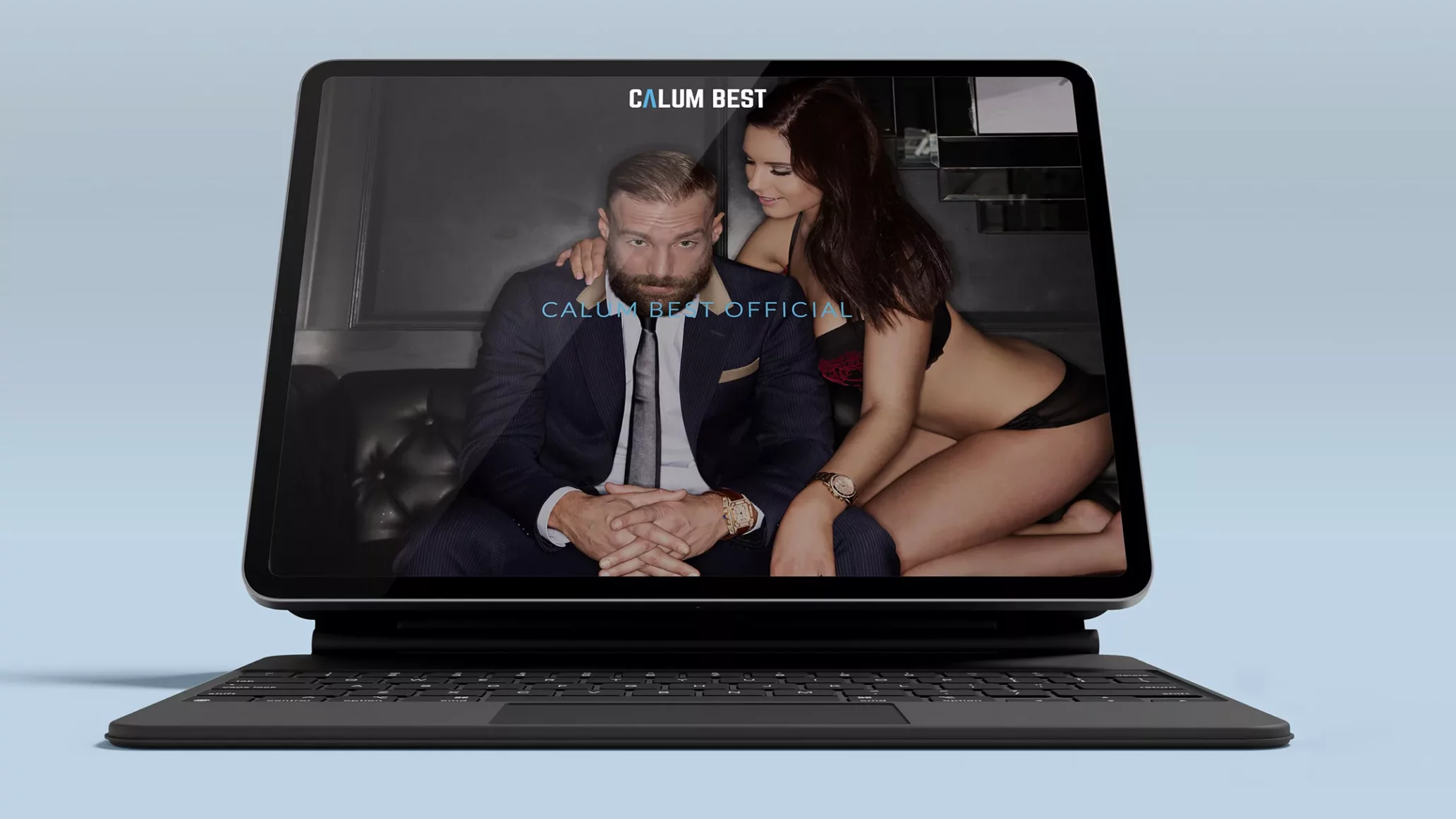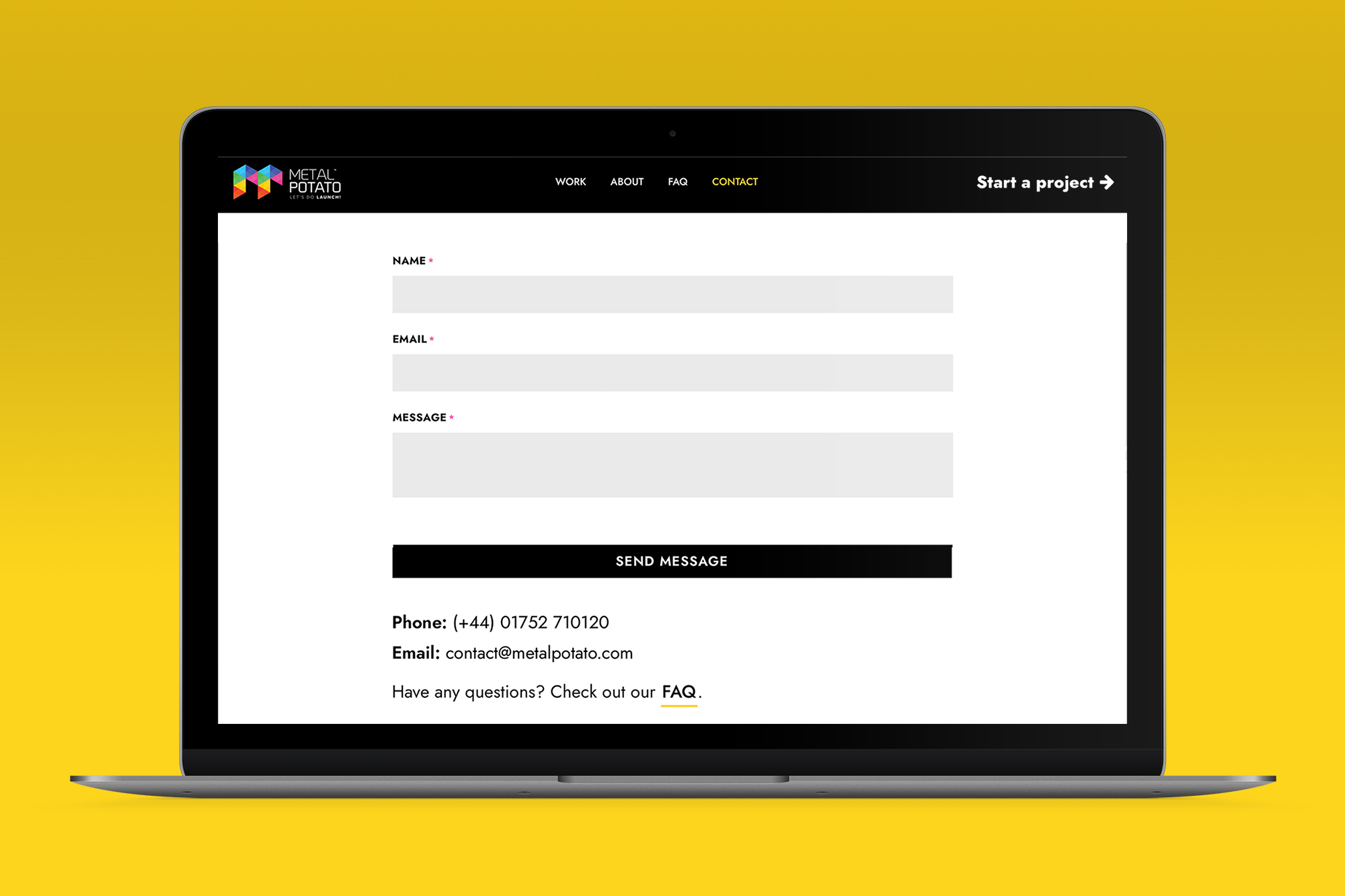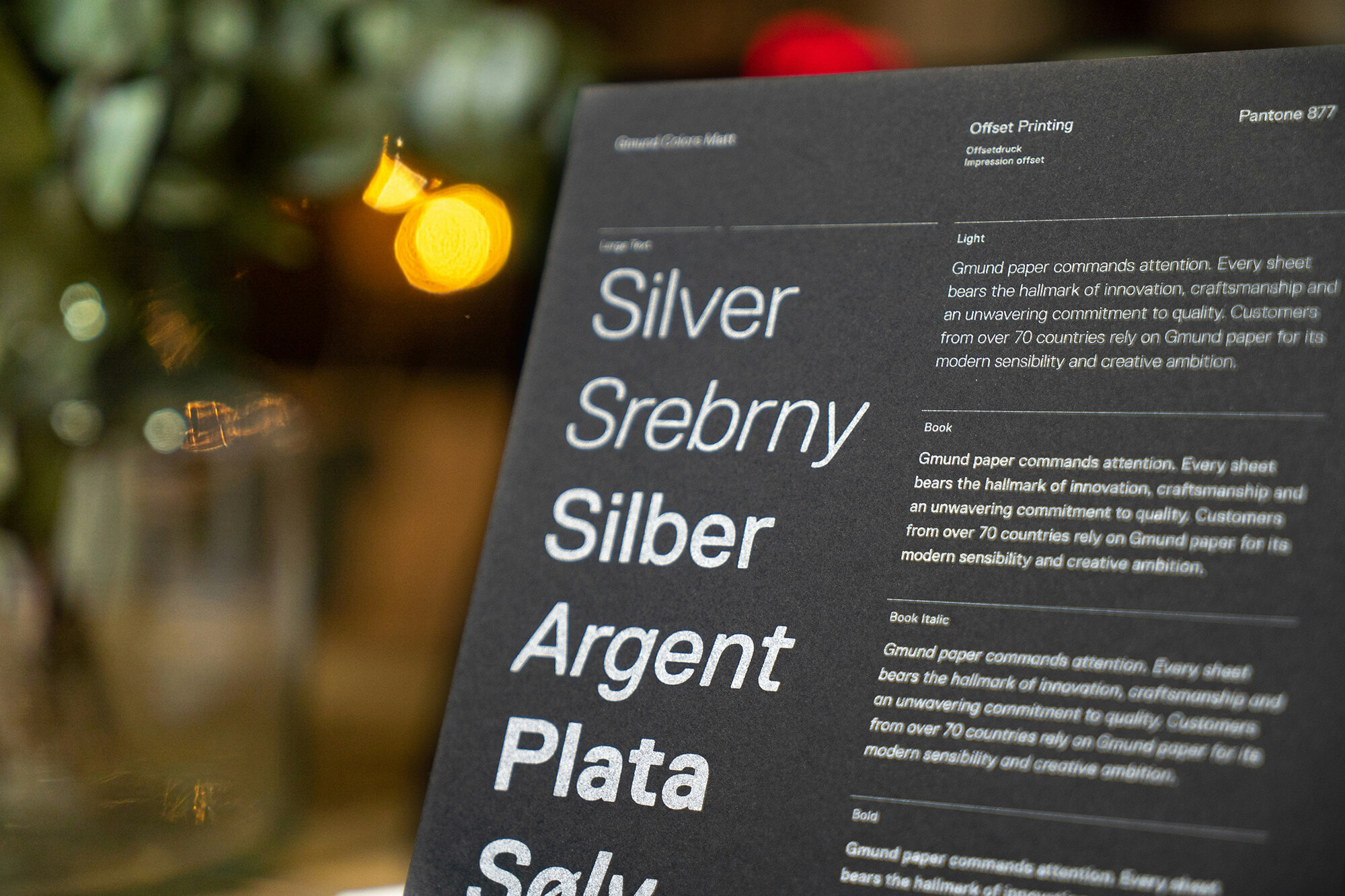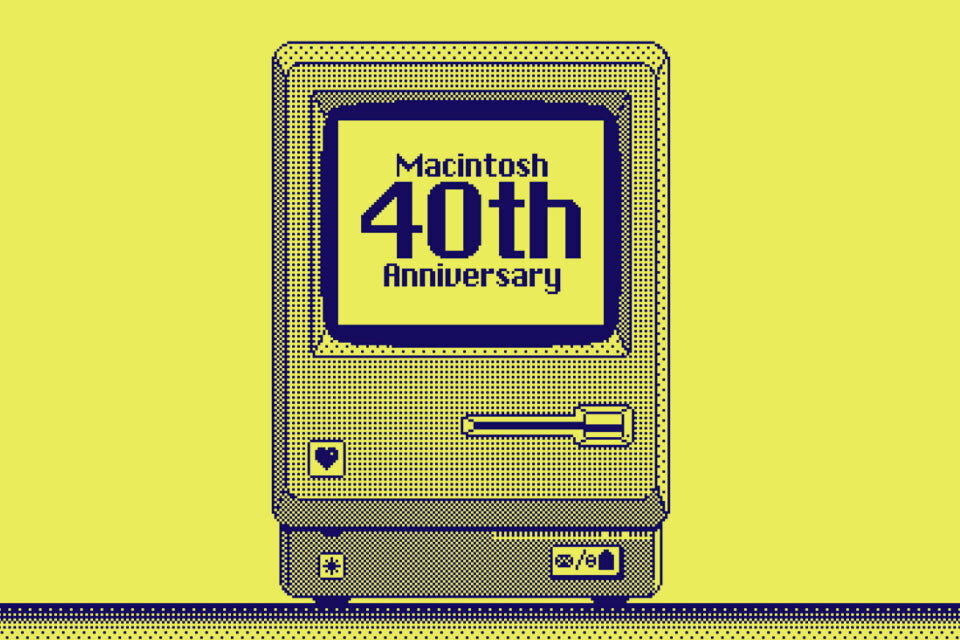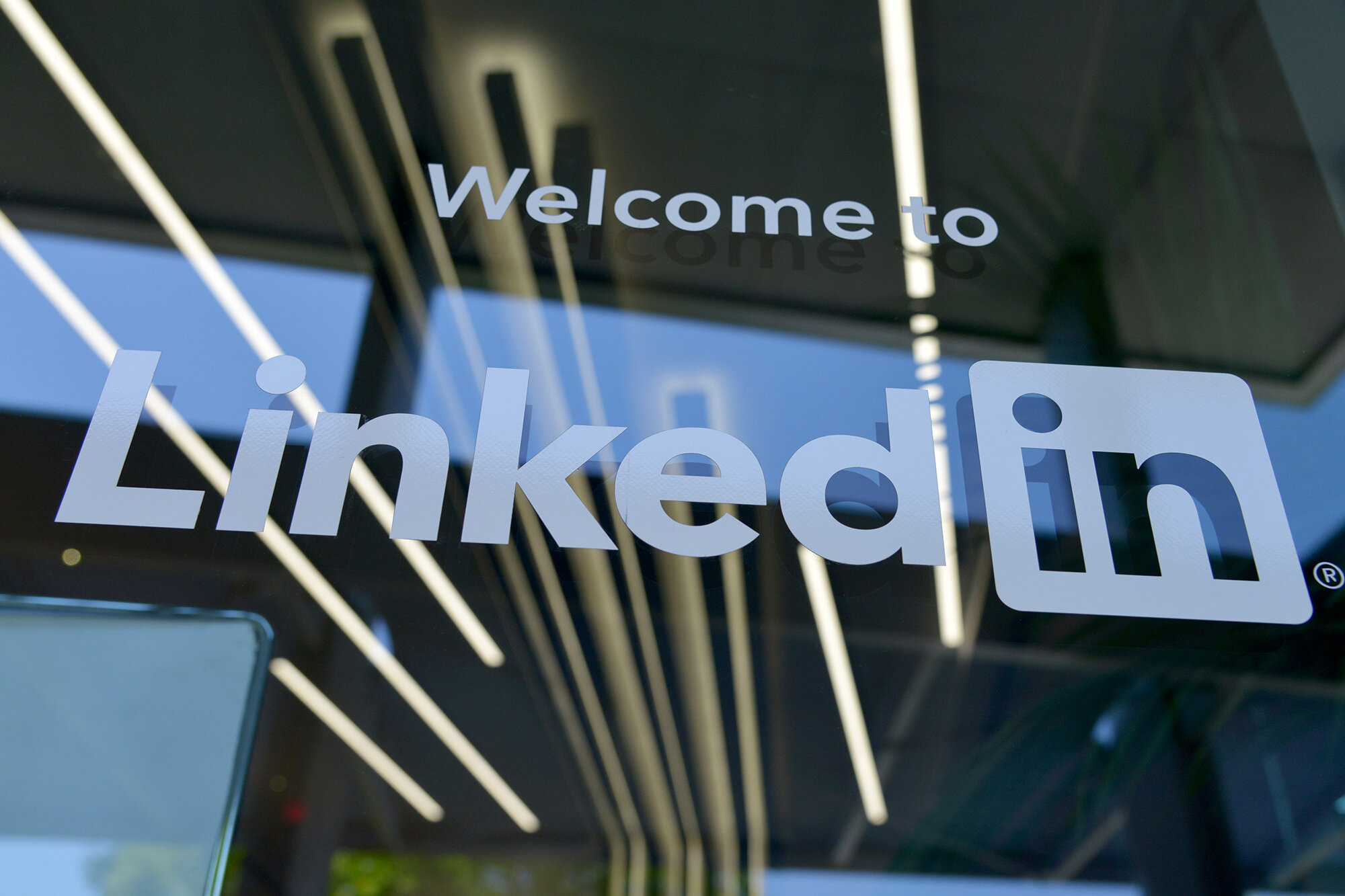Lately, there has been a growing trend that has captured the attention of many individuals—single-page websites. With their simplicity and ability to deliver information quickly, single page websites have become a viable option for many businesses. However, like any design choice, there are both pros and cons to consider.
In this article, we will explore the benefits and drawbacks of single page websites, helping you determine if it’s the right choice for your online presence.
The benefits of a single page website
1. Engage users with simplicity
One of the primary advantages of a single page is its simplicity. By condensing all the essential information onto a single page, you can quickly engage users and deliver your message effectively. In a world where attention spans are shrinking, a concise and focused website can make a significant impact.
Users don’t have to navigate through multiple pages, reducing the risk of losing their interest. With a single page website, you have the opportunity to capture and retain the attention of your visitors, increasing the chances of conversion.
2. Seamless storytelling
Storytelling is a powerful tool in marketing, and a single page can provide an ideal platform for effective storytelling. With a well-structured page design, you can guide users along a specific narrative, presenting information in a logical and engaging sequence.
By controlling the order in which users consume the content, you can ensure that they receive a cohesive and compelling story. This approach can be particularly beneficial for businesses looking to create a memorable and immersive user experience.
3. Quick and striking design
Design plays a crucial role in capturing users’ attention and conveying your brand’s message. By eliminating the need to design multiple pages, the design process becomes more streamlined and efficient. This allows designers to invest more time in perfecting the aesthetics, ensuring that every element on the page is visually appealing and consistent with your brand identity.
A visually striking design can leave a lasting impression on users, increasing the chances of conversion.
4. Mobile-friendly experience
With the increasing prevalence of mobile devices, optimising your website for mobile users is essential. Single page websites lend themselves well to mobile optimisation. Mobile users typically prefer scrolling through a single page rather than navigating through multiple pages.
By designing a single page that is responsive and mobile-friendly, you can provide a seamless and enjoyable user experience across various devices. Users can easily scroll through the content and find the information they need, just like they would on popular social media platforms.
6. Higher conversion rates
When all your website traffic is directed to a one page, it can lead to higher conversion rates. With a single page site, users are focused on a specific message or call-to-action. This focused approach eliminates distractions and guides users towards taking the desired action, such as making a purchase or submitting a form.
By reducing the number of steps users need to take to convert, a single page can streamline the conversion process and improve the overall conversion rate of your website.
The drawbacks of a single page website
1. SEO limitations
Search engine optimisation (SEO) is crucial for driving organic traffic to your website. However, single page websites present some challenges when it comes to SEO. With only one page to optimise, you have limited opportunities to target multiple keywords and create specific landing pages.
Incorporating a blog into a one-page website is also challenging, as fresh content plays a significant role in organic rankings. If your business relies heavily on organic search traffic and you have a wide range of products or services to showcase, one page may not be the most suitable option.
2. Load time concerns
Website load time is an important factor in user experience and SEO. Single page sites that contain a large amount of content, such as images, videos, and text, may take longer to load. Slow loading times can frustrate users and lead to higher bounce rates.
Additionally, search engines like Google consider page speed as a ranking factor, meaning that slow-loading page may struggle to rank well in search results. It’s crucial to optimise your page for fast load times to ensure a positive user experience and maintain good search engine rankings.
3. Limited information sharing
Sharing specific elements of content from a single page site can be challenging. Unlike multi-page websites where users can share individual pages or articles, sharing content from one page usually results in sharing the entire page. This limitation can hinder the ability to promote specific products, services, or articles on social media platforms.
If your business relies heavily on content sharing and wants to drive traffic to specific pages or articles, a single page website may not provide the level of shareability you need.
4. Analytical challenges
Analysing user behaviour and website performance is essential for optimising your online presence. One page designs present challenges in terms of analysing user engagement and identifying areas for improvement. With a multi-page website, you can track user behavior on different pages and gain insights into which pages perform well and which need improvement.
However, with a one page site, it’s more challenging to pinpoint specific elements or sections that may be causing issues. While tools like Hotjar can provide some insight into user scrolling behaviour, the comprehensive data offered by platforms like Google Analytics may be limited.
Is a single page design right for you?
Determining whether a single page design is the right choice for your business depends on various factors. Consider your target audience, the nature of your products or services, and your overall marketing goals. If you value simplicity, storytelling, and immersive design, a single page could be a suitable option. However, if you rely heavily on SEO, require extensive content sharing capabilities, or need in-depth analytical insights, a multi-page website may be a better fit. It’s essential to weigh the pros and cons and align them with your specific business needs and objectives.
If you’re considering a single page website or need assistance with your web design, our team of experts are here to help. We specialise in creating visually stunning and user-friendly websites that drive results.
Get in touch and how we can help to turn your vision into reality.
Let's make a website!
Book a FREE video call to discuss your business, project strategy, and more!
"*" indicates required fields
More from Metal Potato
Contact Page Design: A Blueprint for Success
Learn how to optimise your contact page for better engagement and conversions with expert tips and inspiring examples.
Can Apple Vision Pro Revolutionise Computing?
Discover the Apple Vision Pro: a mixed-reality headset set to redefine computing, work, entertainment, and education.
How to Choose the Perfect Typography for Your Website
Master the art of web typography... from font selection to readability, create a visually stunning and user-friendly website.
The Power of WordPress for Small Businesses
Build a strong online presence for your small business with WordPress! It's easy to use, SEO-friendly, and very cost-effective.
Celebrating 40 Years of the Apple Mac
Explore 40 years of Mac evolution! Celebrating Apple's iconic computer and its impact on design, technology, and creativity.
Why LinkedIn Should Be Your Top Priority
Maximise career growth with LinkedIn's powerful benefits! Unlock networking opportunities, connect and build your personal brand.
